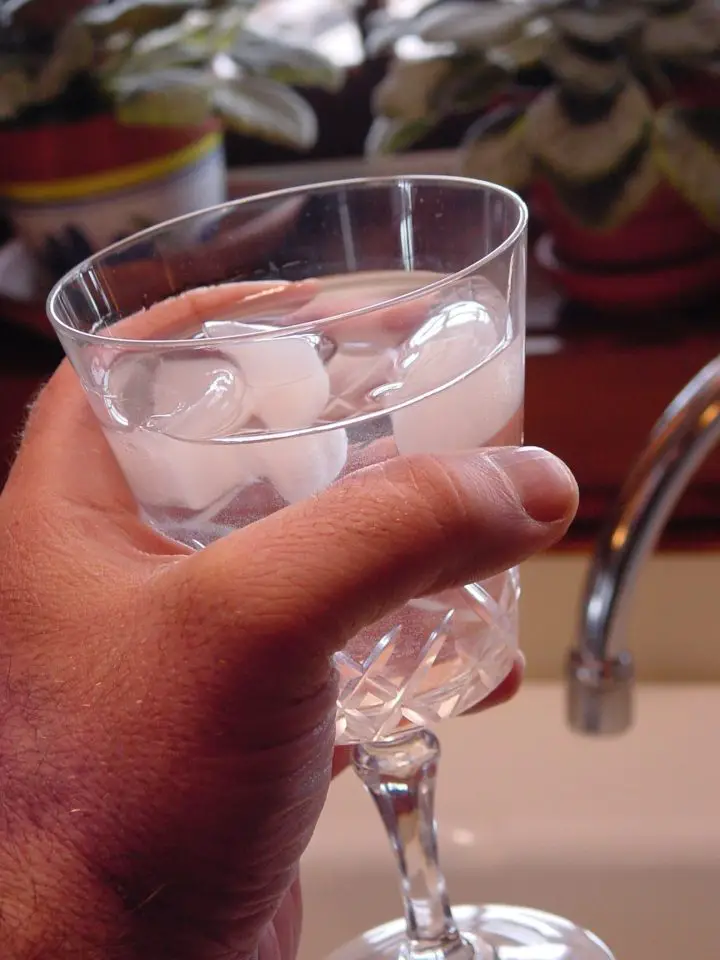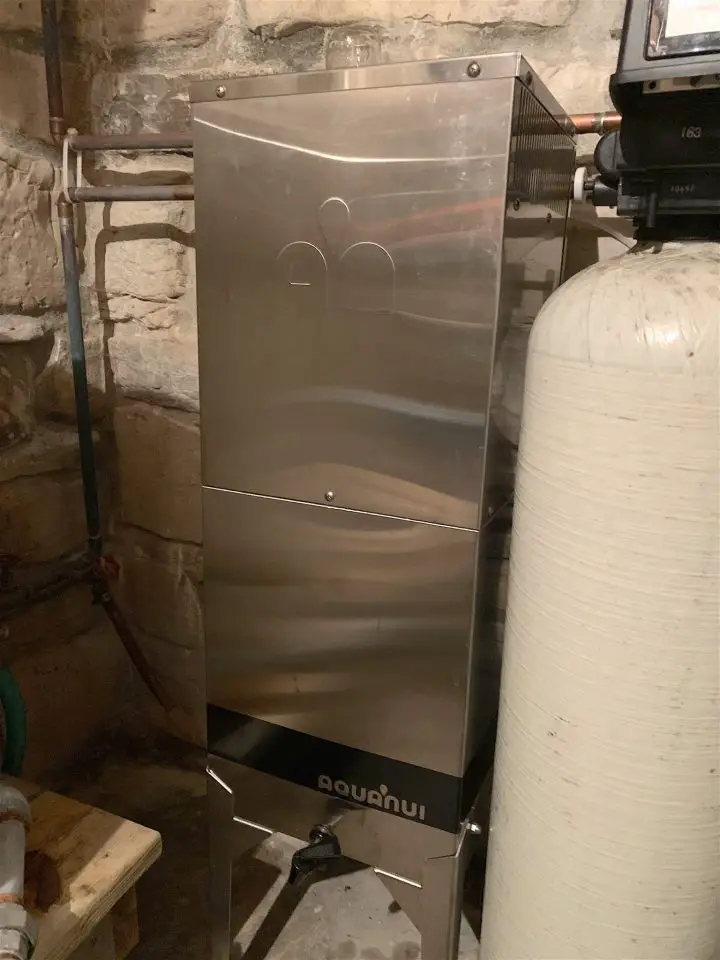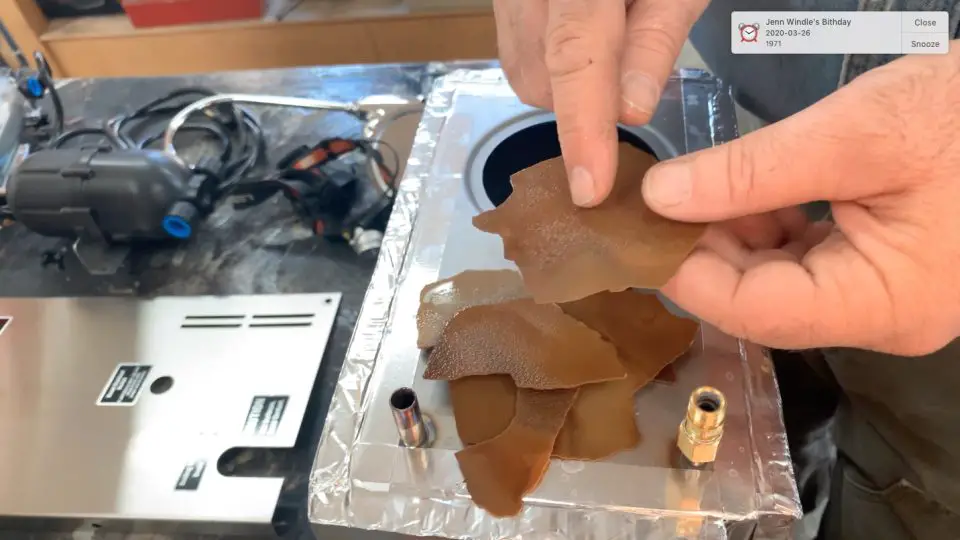
If you care about optimizing your health and energy level, you’ve probably come to realize that little lifestyle practices can sometimes deliver big health benefits over time. The energy level and pizzaz of a person in their 70s or 80s, for instance, can be the result of nothing more than the habit of walking a couple of miles every day over the last 30 years. The interest and ability to stay active through middle age and beyond could be due to nothing more than the habit of avoiding desserts and keeping excess weight off. I’ve come to realize that the same goes for the water you drink and the household equipment that delivers it, as I’ll show you.
There’s good reason to believe that drinking distilled water offers simple but effective health benefits. This is the conclusion I’ve come to after years of researching the facts, and years of drinking distilled water, but as usual with many things in life, there’s controversy here, too.
Distilled Water Warnings
Right up front let me explain that my family and I have braved the warnings, and been drinking distilled water exclusively since early 2019. We’ve all noticed health benefits. Besides the fact that I have unmistakably more energy and vitality, long-term chronic pain in my wife’s finger joints has gone away. This is pain that was slowly building over the last 15 years, it was consistent, and it always got worse at night. She thought it was arthritis, but turned out to probably be simple mineral build-up in her joints. That’s all gone now, and I have good reason to believe it’s because of distilled water.
What Is Distilled Water?
Distillation is the process of boiling a liquid, collecting the steam, then condensing that steam back into a liquid. When it comes to the distillation of water, this process of evaporation and condensation mimics the natural hydrological cycle of the earth that makes rain, and it creates some of the purest water available. Home distillation units use electricity to boil water, and a fan to cool and condense the steam back to liquid. It’s kind of like your own rainwater machine, except without the threat of air pollution contaminating the “rain”. That’s the US-made Aquanui distiller we have in our basement in the photo below.

So why would anyone be interested in drinking distilled water? Purity and health are the reasons I recommend it. But why do some people believe it’s dangerous to drink distilled water? Insufficient mineral intake, and leaching of minerals from the body are the two main cons cited. Both the proponents of drinking distilled water and the naysayers cannot both be correct because they oppose each other. Whenever you’re faced with situations like this, you need to drill down into actual facts, rather than just accept statements and opinions. So first, here are the purported pros of drinking distilled water . . .
Is Drinking Distilled Water Good for You?
Distilled water comes as close to pure H2O as possible. This is an undisputed fact. Most home distillation units also include a carbon filter to extract any volatile organic compounds that might, by some small chance, have been present in the water and boiled and condensed along with it. The more we learn about contaminants in water, the more the purity argument matters. For instance, many sources of municipal water come from lakes and rivers that contain measurable amounts of female hormones that have entered the ecosystem from treated waste water.
Current sewage treatment processes do not remove trace amounts of contraceptive chemicals before sewage goes back into the ecosystem, and drinking water treatments don’t remove it from municipal supplies. These are resulting in mutated fish and amphibian populations worldwide. These hormones are not removed from the treated human sewage that enters lakes and rivers, nor are they removed by municipal water treatment systems that take water from rivers and lakes and make it potable. So if female hormones are affecting fish and frogs in indisputable ways, is it reasonable to assume that humans are immune? Same goes for other contaminants.
Measurable concentrations of recreational drugs in municipal sewage spike up between Thursdays and Sundays, and they’re not removed by sewage treatment systems before water is returned to lakes or rivers. To be fair, the concentrations of these substances are very low, but sometimes it doesn’t take much to trigger unfortunate health problems over the long haul. All else being equal, the more people who live upstream from your water source, the more likely it is that your drinking water contains measurable amounts of chemical contaminants.
Hard Water Health Issues
Although these are all valid reasons for drinking distilled water, none of them were enough to motivate me. After all, I live in the middle of nowhere, getting water from a 143-foot deep well drilled into limestone bedrock. There isn’t a factory of any kind within 100 miles of my house. What got me interested enough to install a distiller at my place and drink distilled has to do with the kind of minerals found in hard water, and the reports I read from people like Thomas Edison, Alexander Graham Bell and Dr. Charles Mayo, co-founder of the famous Mayo Clinic.
The relief my wife is enjoying from her hand pain closely matches stories I hear from other people, too. The idea is that minerals in water are not always processed by the body, so it hides those minerals away in the form of kidney stones, mineral build-up within joints and in the kind of arterial plaques that can cause heart disease. These mineral deposits can cause pain and lack of mobility. Things other than mineral deposits can certainly cause joint pain too, but in the case of my wife drinking distilled water, it has made all the difference for her. You can see the mineral deposits below that our distiller removes from our drinking water.

Click here to learn more about the medical evidence that has convinced me distilled water is the most healthy option (with no downsides at all), and to see the distiller I installed and use at my place.
If you’re interested in considering a home distiller for yourself, I’ve negotiated a 5% discount from the company where I got our distiller. It’s been working great for years. Click here then use the code steve maxwell at check out to get this discount.












